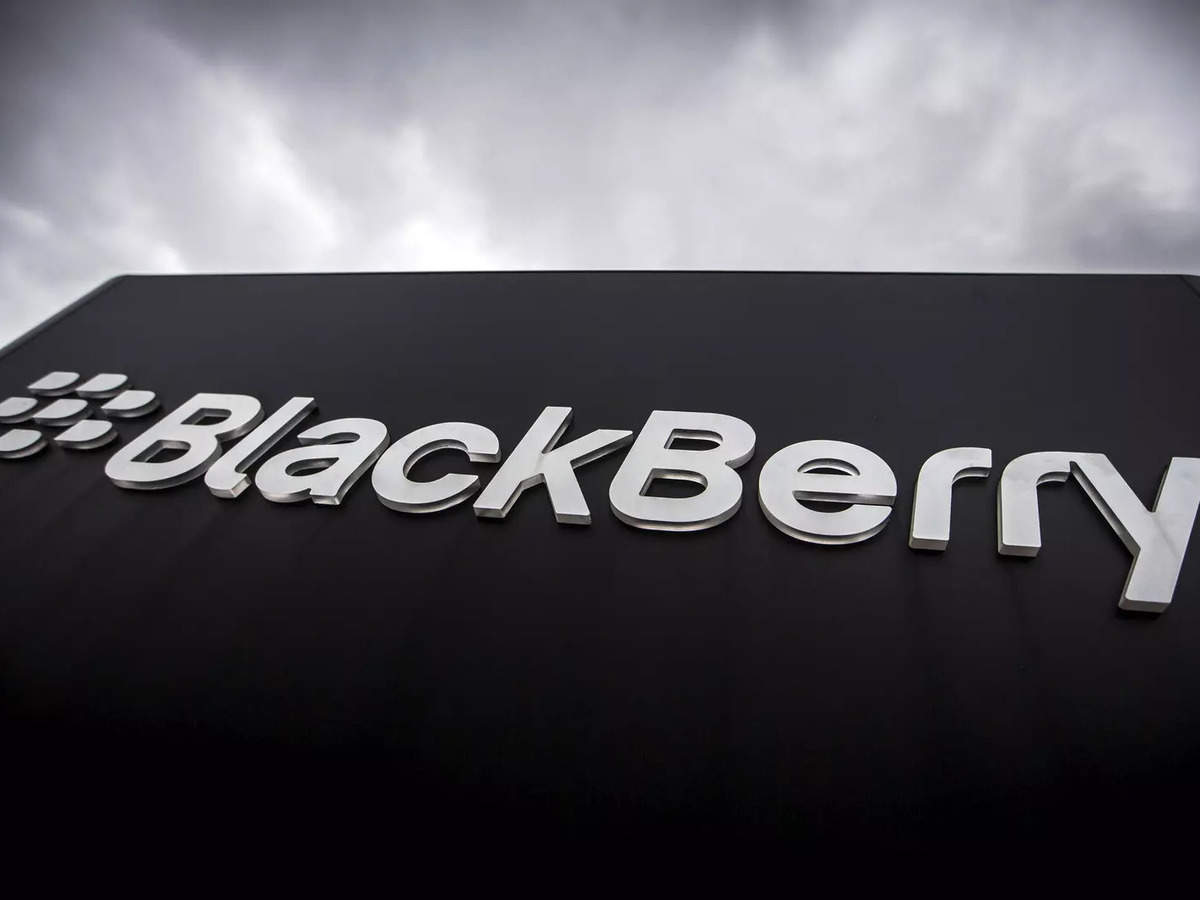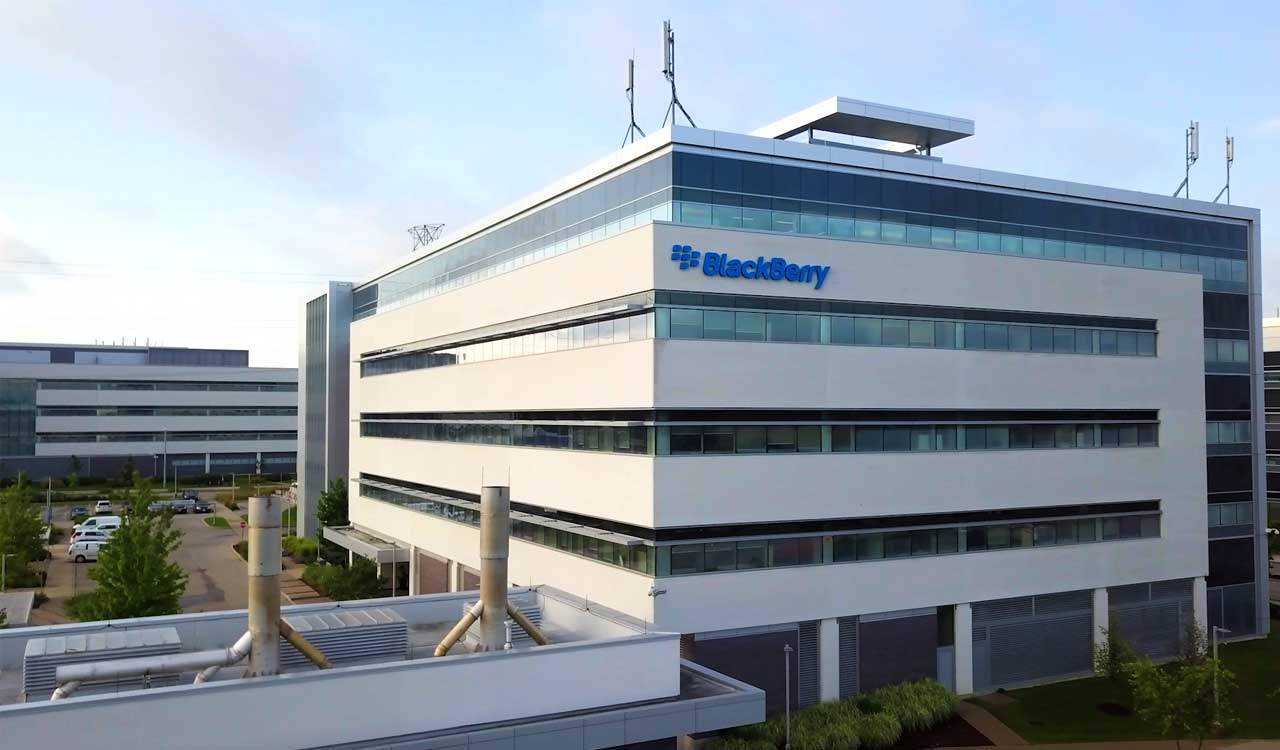BlackBerry Signed A Deal To Sell Its Non-core Patents and Applications For Up To $900 million.
In a deal that might be valued up to US$900 million, BlackBerry Ltd. has agreed to sell a portfolio of patents it claims are non-core in the areas of wireless networking, mobile devices, and messaging.

BlackBerry Signed A Deal To Sell Its Non-core Patents and Applications For Up To $900 million.
Blackberry has signed a contract that will add roughly $1 billion to its revenue. The majority of the high-tech company’s non-core patents are being sold off.
BlackBerry was previously at the top of the American smartphone market. It was used by almost half of U.S. smartphone subscribers in 2010, according to a source.
The phones were well-known for their tactile keyboards and for BlackBerry’s cutting-edge cybersecurity, which made them popular with enterprises and governments.
In a deal that might be valued up to US$900 million, BlackBerry Ltd. has agreed to sell a portfolio of patents it claims are non-core in the areas of wireless networking, mobile devices, and messaging.
Malikie Innovations Ltd., a recently formed Key Patent Innovations Ltd. subsidiary, will reportedly pay $170 million upfront and an extra $30 million in cash by the deal’s third anniversary, according to the company.
In particular, wireless networking, messaging, and mobile devices are the focus of its more than 32,000 patents and applications.
The deal was reached after a previously announced sale of a patent portfolio to Catapult IP Innovations Inc. was unable to proceed because Catapult lacked the necessary funds.
The deal will not have an impact on how customers utilize any of BlackBerry’s products, solutions, or services because BlackBerry will receive a license back to the patents being sold.
The fulfillment of all regulatory requirements under the Investment Canada Act and the Hart-Scott-Rodino Antitrust Improvements Act in the United States, among other things, is necessary for the deal to be completed.
With an initial cap of US$700 million, BlackBerry will also get yearly cash royalties from the patent profits. The cap is subject to a 4% annual increase of the remaining US$700 million that BlackBerry has not yet received as of the increase date.
According to BlackBerry CEO John Chen, the sale will improve the company’s financial position and free up resources for its internet-of-things and cybersecurity initiatives.
The company is delighted to have signed the agreement with KPI, whose industry-leading expertise and experience positions them well to realize the potential of the patent portfolio and boost returns for BlackBerry, he added.

BlackBerry has changed from being a smartphone manufacturer to one that specializes in security software and services.
BlackBerry’s main businesses today include cybersecurity and software used by automakers, despite once being recognized for its phones with a tiny QWERTY physical keyboard and the BBM instant messaging service.
The company ended service for its smartphones last year as a result of years of market share losses to Apple’s iPhones and competing Android handsets.
BlackBerry’s story is one of a company that couldn’t keep up with how people were interacting with new, constantly evolving technologies. It is very similar to how email usage has been declining. Email, which was once ground-breaking and commonplace, was thought to be declining quickly.
The hardware part of the firms regularly lost money, which was a reflection of shifting consumer tastes and the industry’s extremely low margin, particularly when compared to software. Moreover, from 80% in 2011 to less than 45% in 2015, the overall contribution of hardware sales to revenues was progressively falling.
BlackBerry appointed John Chen as its new CEO in 2013, replacing the CEO who had been fired for failing to sell the company. This was a very wise move on BlackBerry’s part. In reality, Mr. Chen had a long history in the software industry.
He had been the CEO of Sybase, a business that was later acquired by SAP and which he had played a key role in reviving.
This action was a blatant indication that the corporation was making a sincere effort to turn the ship around and concentrate, returning to its core competencies of security and services rather than attempting to compete in a market it had already effectively lost.
The decision to choose John Chen as the company’s chief executive appeared to be a brilliant one, and it is likely what had the biggest influence on BlackBerry’s history because, during his time there, he was able to at least partially turn around the struggling business. He committed to putting the company’s emphasis back on its enterprise’s core clientele.
Instead of manufacturing its own hardware, the company would create phones—some of which would run on the Android OS—and then license the production of those phones to regional businesses in the markets where it still had some clout, including India with Optiemus, TCL in the US and internationally, and Merah Putih for Indonesia.
The company began putting an increasing amount of emphasis on software under Chen’s direction, particularly in the security sector.
Given everything that has occurred to the company over the years, it seems like there has never been a better opportunity for recovery. There are undoubtedly several advantages to its strategy, such as its knowledge of the clientele it is best suited to service and the potential future applications of those advantages, like in the IoT and EoT sectors.
The largest acquisition made by BlackBerry to date was Cylance. BlackBerry used its cash reserves to pay the company $1.4 billion in order to purchase it.

BlackBerry’s IoT center of excellence in Hyderabad
It was announced by BlackBerry that the company is opening a “BlackBerry IoT Center of Excellence, Engineering and Innovation” in Hyderabad.
The company announced fresh plans to ramp up operations to address growing industry demand for its mission-critical embedded software solutions and engineering services, both in India and globally, ahead of the company’s annual TechForum India event in Bangalore.
The Hyderabad facility, which is slated to be the second-largest for BlackBerry’s IoT division globally after Canada, is anticipated to employ over 100 software engineers by the end of 2023 across a wide range of technology positions and skill sets, the company said in a release.
These positions and skill sets include senior management, technical project management, product engineering, cloud software development, integration, and service delivery.
The company’s dependable, safety-certified BlackBerry QNX product portfolio and in-vehicle software platform, BlackBerry IVY, will be used by the company to build the next generation of software-defined vehicles (SDVs) and advance innovation in other “Internet of Things” industries, according to a press release.
Beginning in 2023, BlackBerry IVY software development will put Indian developers and OEMs closer to the innovation cycle and provide them access to advantages like optimized data processing through in-vehicle machine learning (ML).
Edited by Prakriti Arora




